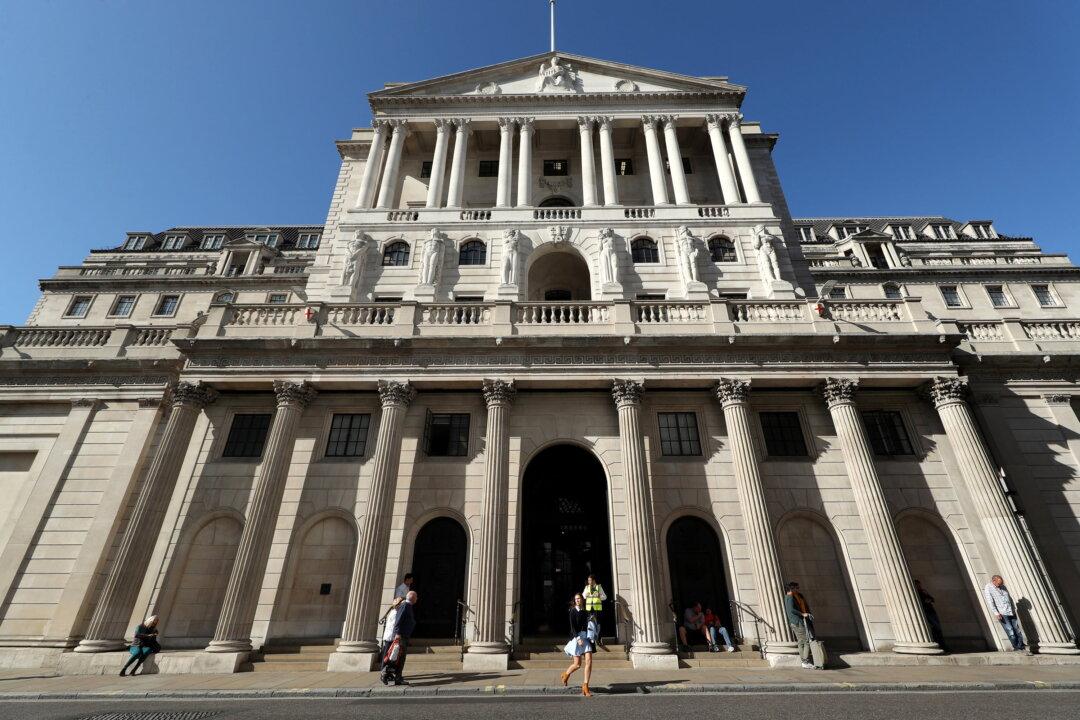The United Kingdom’s annual rate of inflation fell to 6.8 percent in July, from 7.9 percent a month earlier, Office of National Statistics (ONS) data show.
The main drivers of a cooling in consumer price inflation (CPI) were food and energy costs, while the main driver upward was the cost of transport.





